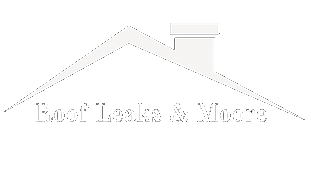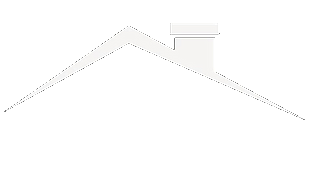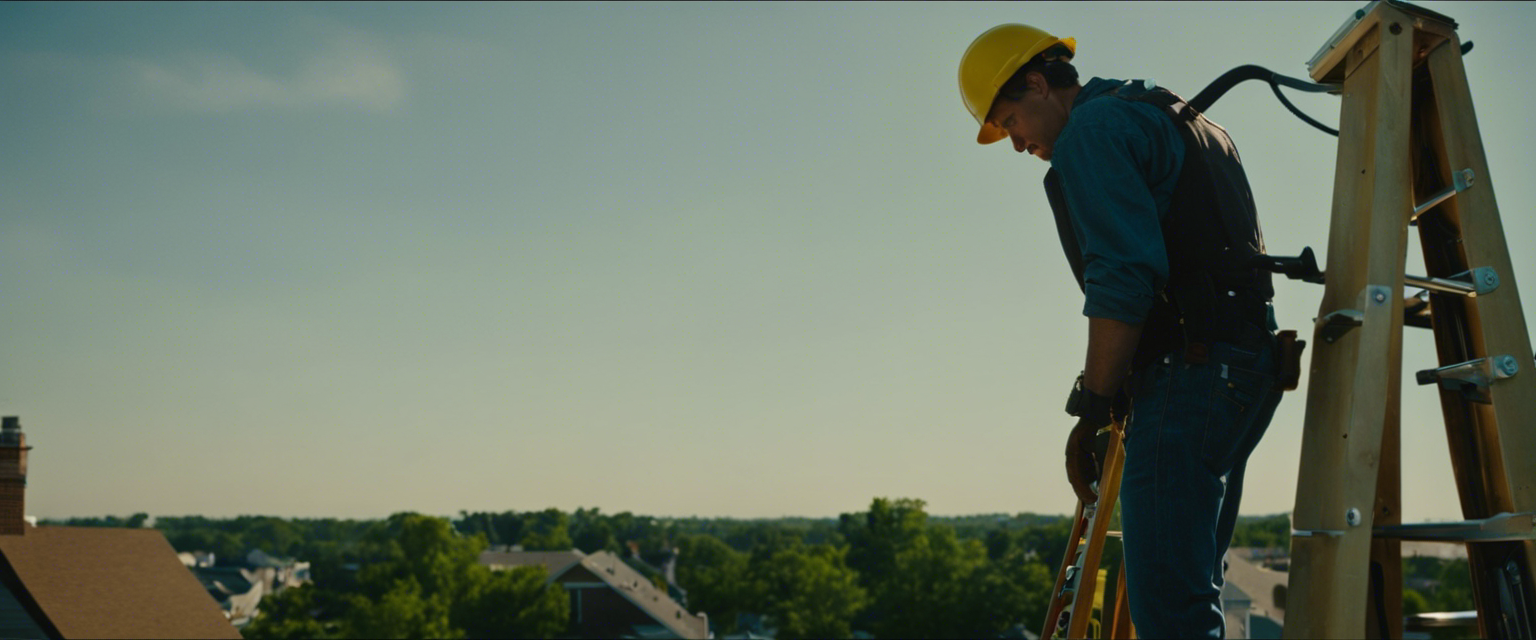You know what they say – ‘A stitch in time saves nine.’ When it comes to your roof, this old adage couldn’t be more true. But before you can address any issues, you need to understand the cost factors associated with roof inspections in Tulsa.
Sure, you might be curious about what goes into determining the cost, but have you considered how the size and complexity of your roof, its accessibility, and the type of inspection needed can impact the final price tag? And that’s not all – the location and climate of Tulsa can also play a role in the cost.
So, if you’re wondering why it’s important to understand these factors, and how they can affect your budget, keep reading. You won’t want to miss what we have to say.
Key Takeaways
- The size and complexity of a roof play a significant role in determining the overall cost of a roof inspection in Tulsa.
- The type of roofing material chosen affects the cost of inspection, with different materials having varying installation costs and maintenance requirements.
- The accessibility and slope of a roof can increase inspection costs, as specialized safety measures and equipment may be needed for hard-to-reach areas.
- The location and climate in Tulsa impact the wear and tear on roofs, leading to more frequent and thorough inspections, especially in areas with trees, bodies of water, or a humid climate.
Roof Size and Complexity
When considering the cost factors of roof inspections in Tulsa, one crucial aspect to assess is the size and complexity of the roof.
The size of the roof directly affects the inspection cost, as larger roofs require more time, labor, and equipment to thoroughly inspect. A larger roof means a larger area to cover, which can result in increased inspection expenses.
Additionally, the complexity of the roof can impact the cost as well. Roofs with steep slopes or intricate structures may pose challenges for inspectors, requiring extra time and expertise. These factors can contribute to higher inspection costs.
It’s important to consider the size and complexity of your roof when obtaining estimates for roof inspections in Tulsa, as they play a significant role in determining the overall cost.
Type of Roofing Material
The type of roofing material chosen for a roof inspection in Tulsa can significantly impact the overall cost and performance of the roof.
There are several options available, each with their own advantages and considerations.
Asphalt shingles are a popular choice due to their cost-effectiveness, easy installation, and wide range of colors and styles.
Wood shakes provide a timeless and rustic appearance, along with natural insulation, but require regular maintenance and are more expensive than asphalt shingles.
Metal roofing offers exceptional longevity, energy efficiency, and minimal maintenance, although the initial installation costs can be higher, and the sound of rain on the metal can be noisy without proper insulation.
Synthetic roofing materials mimic traditional materials while providing modern benefits such as durability, resistance to weathering and damage, and energy efficiency.
When selecting a roofing material, it’s important to consider factors such as budget, climate, aesthetic preferences, longevity, and energy efficiency to ensure the best choice for your roof inspection in Tulsa.
Accessibility and Roof Slope
Considering the impact of accessibility and roof slope is crucial when calculating the cost of a roof inspection in Tulsa. The roof’s slope and accessibility can significantly affect the complexity of the inspection, which may require additional equipment and labor.
In the case of steep slopes or complex structures, inspection costs can be higher due to the specialized safety measures and extra time and effort required. Tulsa homes with inaccessible or hard-to-reach areas due to the roof’s slope can also contribute to increased inspection costs. Inspectors may need to use ladders, scaffolding, or other equipment to safely access these areas.
Therefore, it’s important to take into account the roof slope and accessibility when estimating the cost of a roof inspection in Tulsa.
Location and Climate Factors
Taking into account the impact of location and climate factors is essential when assessing the cost of roof inspections in Tulsa. Tulsa’s climate and weather patterns play a significant role in the wear and tear on roofs, which can influence inspection and repair costs.
Additionally, the location of a property within Tulsa can affect the roof’s condition and therefore inspection expenses. For instance, properties near trees or bodies of water may experience increased debris accumulation or moisture exposure, leading to potential damage that requires thorough inspection.
Furthermore, Tulsa’s humid climate can contribute to issues like mold growth or water damage, increasing the complexity and cost of roof inspections. The prevalence of severe weather events in Tulsa, such as strong winds or hailstorms, also necessitates more frequent and thorough roof inspections, impacting overall costs.
Moreover, temperature fluctuations and UV exposure in Tulsa can affect the durability of roofing materials, potentially influencing the frequency and cost of roof inspections.
Considering these location and climate factors is crucial in understanding and estimating the costs associated with roof inspections in Tulsa.
Additional Services and Inspection Requirements
To ensure a comprehensive assessment of your roof, there are various additional services and inspection requirements that may incur extra costs during roof inspections in Tulsa. Here are three important factors to consider:
-
Chimney inspection: A thorough examination of your chimney’s condition is crucial to identify any potential issues that may affect the integrity of your roof. This inspection may involve checking for cracks, damage, or blockages, and may require the expertise of a certified chimney inspector.
-
Asbestos testing: If your property was built before the 1980s, there’s a possibility that asbestos-containing materials were used in your roof. Asbestos testing is necessary to ensure the safety of occupants and to comply with regulations. It’s vital to hire certified professionals who can properly collect samples and provide accurate results.
-
Attic inspection: Inspecting the attic allows roofing contractors to assess the condition of the roof deck, insulation, ventilation, and any signs of water damage or leaks. This inspection helps identify necessary repairs and provides valuable information for the overall assessment of your roof.
These additional services and inspection requirements contribute to a more detailed inspection report, enabling roofing contractors to identify necessary repairs and provide accurate recommendations.
Frequently Asked Questions
How Much Does a Roof Cost in Tulsa Ok?
Roof costs in Tulsa can vary depending on factors like materials, size, and extent of repair. You should get a written estimate from a contractor before proceeding. Consider experience, reputation, and references, not just cost.
How Much Does a New Roof Cost in Oklahoma?
To understand the cost of a new roof in Oklahoma, consider factors like roof materials, extent of damage, and contractor choice. Expect to pay $5,000 to $12,000 or more. Get a written estimate and choose an experienced contractor for the best value.
Why Does Roofing Cost so Much?
Roofing costs can be high due to various factors. Understanding the cost factors, such as roof material, extent of damage, accessibility, contractor choice, and other variables, helps explain the reasons for the high cost.



